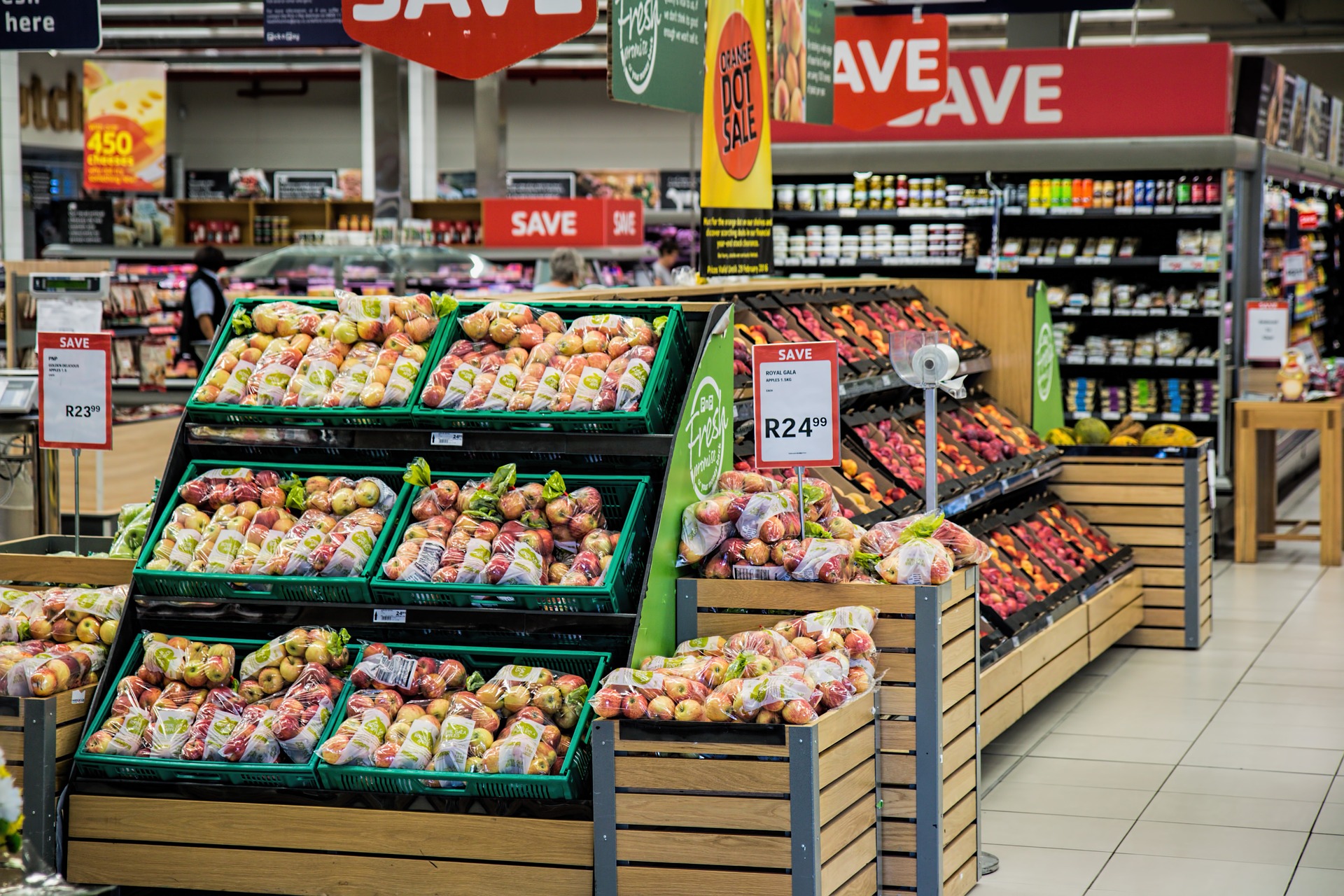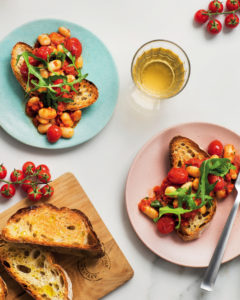It’s usually a bright, red banner and the writing is in bold – the coveted (and dreaded) special offer signs decorating the supermarket’s entrance. Of course, grabbing items at a lowered price is great for your wallet, but what about buying products just for the sake of buying them, without any real need? It’s all about staying level-headed and making smart choices.
By Jana du Plessis
Think rationally
The number one rule to help you navigate the reduced price aisles, is to constantly ask the question: Would you have bought it had it not been on sale? Then ask if it’s something you’ve always wanted to purchase but refrained from doing so because of it’s usually expensive price?
If you answered yes to the first question, by all means go ahead. That should mean that the item is something you use regularly or can easily incorporate into your daily dishes without having to make a special recipe or buy lots of other ingredients to be able to cook with it.
In the event of the second question being answered positively, if it’s a luxury item that you can see effortlessly forming a part of your meal repertoire, but haven’t yet bought in order to avoid over-spending on your weekly groceries, then go for it.
Allow a treat
You will certainly come across items that you haven’t noticed in the shops before, but the neon marker anouncing its sale caught your attention this time. Again, you should think carefully before adding it to your shopping basket. If it really is a good price for the intrinsic value of the item, plus it doesn’t hike up your shopping bill’s total too much, consider buying it for a special occasion you know of in the near future. Perhaps it’s some fig preserves that would go perfectly with your Saturday finger food dinner party? Or a zingy sauce for the salad you are planning for Sunday’s lunch?
Remember shelf life
While you are scoring big on your loaded basket with a small price tag, always consider the shelf life of foods – that is after all the reason why it is on sale in the first place. Fresh produce and diary items needs to be used as soon as possible, so don’t buy too much and not have a use for them before they go completely off. Meat items are even more risky – if you can, plan to cook it the same day or the next, but be wary of taking any chances thereafter. Tinned items and things in jars will keep a little longer and items such as bread or bread rolls can be frozen and then toasted without losing too much on texture and flavour.




